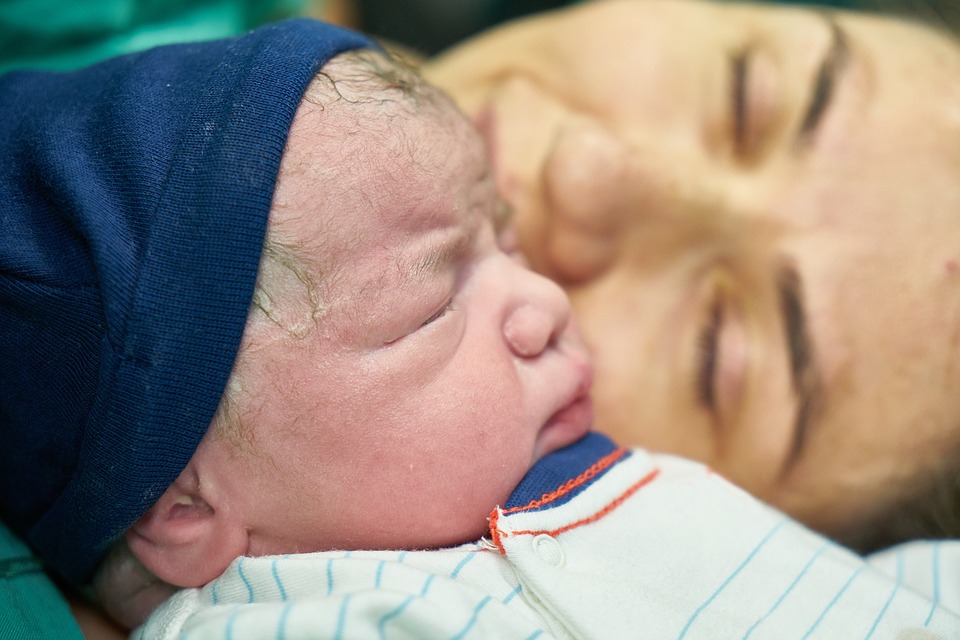What is your typical response when you hear that someone you know had a fast labour? Is it “Oh my god, you’re so lucky!”? Is it “At least you didn’t have to be in so much pain for so long!”? Or even “I wish my labour had been that short!”? If any of these are your responses, you need to keep reading.
Precipitous labour is labour that happens incredibly fast. This type of labour typically lasts less than 3 hours, from the start of regular contractions to the end with the baby’s birth. Although it may seem like the kind of labour you would want to have, let’s explore what that would actually look like.
Imagine: it’s 6 pm, you are sitting down to eat a wonderful meal that you spent the last few hours preparing (perhaps in an attempt to make leftovers to freeze as quick meals once the baby comes). You sit down, pour some water, and pick up your fork. Before you even have a chance to pierce your meal with your fork, you start feeling an incredibly painful contraction. The Braxton Hicks you have grown used to do not compare to the tightness you are experiencing right now. You try to talk through it with your partner that is sitting across from you, breathe, and soon it passes. In a few minutes, another contraction begins. Breathe, breathe, breathe. It passes. Suddenly you feel a wetness on your seat. Your water has broken. Another contraction. This time you can’t speak through it. You have to focus really hard on your breath. Your instincts tell you it’s time to go to the hospital. It can’t possibly be time to go now, already… You put your fork down.
2 hours and 30 minutes later, you are holding your new baby. All that is running through your mind right now is how you were just sitting down at the table eating dinner, and now you have your baby in your arms. But, you can almost still smell that lasagna… you can still see it sitting on the plate in front of you… and now your baby is in front of you… but labour is supposed to take hours… you were just eating dinner…
Let’s talk about what happened in that 2 hours and 30 minutes. What was different between this labour and another labour? Absolutely nothing. Was it less painful because it happened so fast? Absolutely NOT. Is this labour any less traumatic than a mother with a 30 hour labour? DEFINITELY NOT. Does this mother need an equal amount of support as a mother with a longer labour? DEFINITELY!
Precipitous labour can be just as traumatic, if not more so, than a typical labour. A mother that goes through this type of labour will experience all of the same anatomy changes, aches, pains, self doubt, and primal behaviour that a mother with a typical labour will experience, but it will all be condensed into a very short period of time. It can be very difficult for the mother to find coping strategies with such intense pain that comes on so quickly, and there is a higher risk of damage to the mother during delivery, including hemorrhage and tearing of the perineum. Following the labour, there is often a significant amount of emotional turmoil for the mother, including feelings of disappointment that the birth didn’t go the way they had hoped, guilt in the disbelief that the baby is here already, and even fear of giving birth again in the future.
It is very important that mothers who experience a rapid labour, or precipitous labour, have all of their feelings validated – you DID go through something big, you DID experience an entire labour in a very short period of time, you are right to feel the way that you feel – and we are not to tell them how they should feel. Postpartum doulas can be particularly helpful during the postpartum period following a precipitous labour; we have no “Should”s in our vocabulary.

View comments
+ Leave a comment